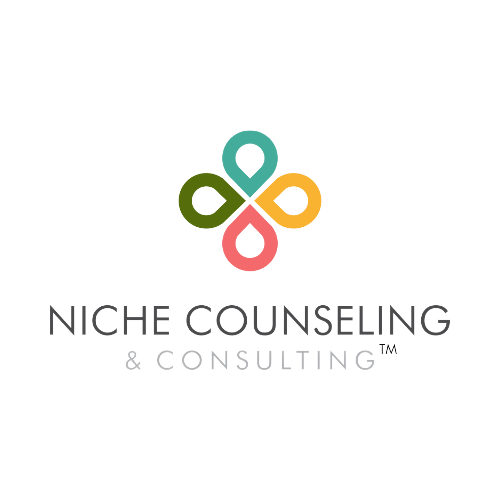Breaking the Cycle of Stress
Understanding How Toxic Stress Travels Through Generations
In the intricate tapestry of our lives, woven with threads of joy and sorrow, there exists a shadowy hue that lingers: toxic stress. It's a burden we often inherit, passed down from one generation to the next, shaping our experiences and impacting our well-being in profound ways. As we continue to navigate the complexities of intergenerational transmission, it's crucial to shine a light on how toxic stress perpetuates through our families and communities.
Defining Toxic Stress
Before delving into the intricacies of intergenerational transmission, it's essential to define what we mean by toxic stress. Unlike ordinary stress, which is a natural response to life's challenges, toxic stress refers to prolonged exposure to adverse experiences without adequate support from caregivers. When the body's stress response system remains active for long periods, it can harm physical, emotional, and cognitive growth, especially during childhood.
The Seeds of Toxic Stress
Photo by whoislimos on Unsplash
Imagine a child growing up in a home where chaos reigns, where every day is a battle against unseen forces of stress and adversity. For many, this is not just a hypothetical scenario but a lived reality. The seeds of toxic stress are sown early, as children bear witness to parental struggles, family discord, and the harsh realities of life. This can lead to parentification, where children may find themselves thrust into caretaker roles, attempting to mitigate the effects of family discord and parental struggles.
Parenting Practices: The Legacy of Trauma
At the core of intergenerational transmission lies the legacy of trauma, passed down through generations like an unwelcome inheritance. Parents who have experienced toxic stress themselves may unwittingly perpetuate similar patterns in their parenting practices. Whether it's through harsh discipline, emotional unavailability, or a lack of nurturing care, these behaviors create fertile ground for toxic stress to take root and flourish.
Epigenetic Echoes: The Science of Inheritance
But the story doesn't end there. Science tells us that the effects of toxic stress can transcend generations through epigenetic changes – alterations in gene expression that can be passed down from parent to child. These changes, shaped by early life experiences and environmental factors, influence how genes related to stress response and regulation are expressed, perpetuating the cycle of stress across generations.
Cultural and Community Context: The Invisible Hand
Yet, we cannot overlook the role of cultural and community influences in shaping how toxic stress is transmitted. Communities marked by systemic inequities, historical trauma, and collective adversity bear the scars of generational stress, woven into the fabric of their existence. From the echoes of ancestral pain to the daily realities of discrimination and injustice, the impact of toxic stress reverberates through generations, leaving an indelible mark on our collective psyche.
Breaking the Chains: Charting a Path to Healing
In the face of intergenerational transmission, we are not powerless. We hold within us the power to break the chains of toxic stress and forge a new path forward. It begins with awareness – recognizing the patterns that bind us and the legacies that shape us. From there, we can cultivate resilience, healing, and hope, one step at a time.
Through nurturing relationships, supportive communities, and a commitment to collective well-being, we can dismantle the barriers that perpetuate toxic stress and create a future where every generation is free to thrive.
Kristin Davis, LMFT, is the founder of Niche Counseling & Consulting, PLLC, specializing in healing intergenerational patterns and ancestral trauma. With a background in diversity, equity, and wellness, Kristin offers virtual counseling, intensives, and speaking engagements. Trained as an Ancestral Healing Practitioner, she empowers clients to forge new pathways for healing, promoting wellness and empowerment through psychoeducation. Connect with Kristin on LinkedIn or visit her website at www.nichecounseling.com.



